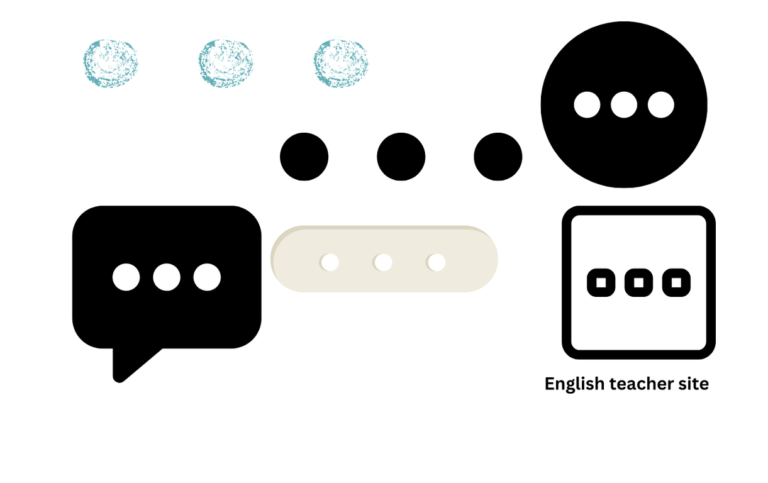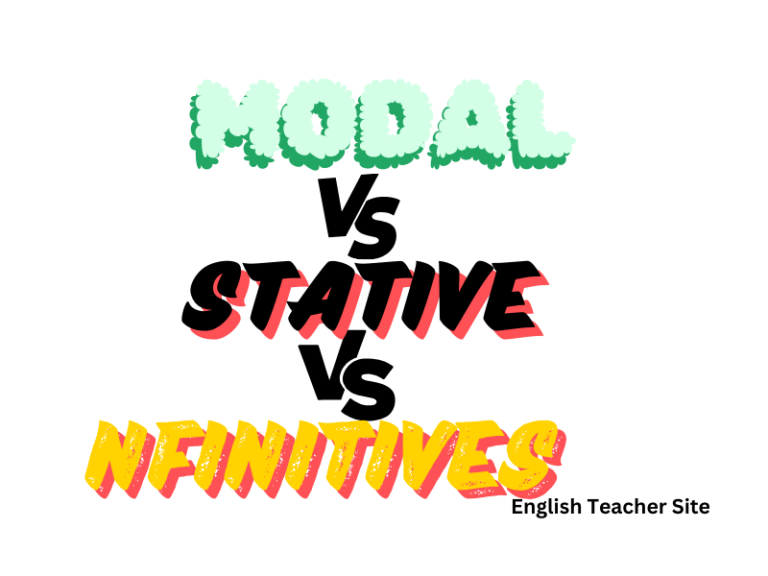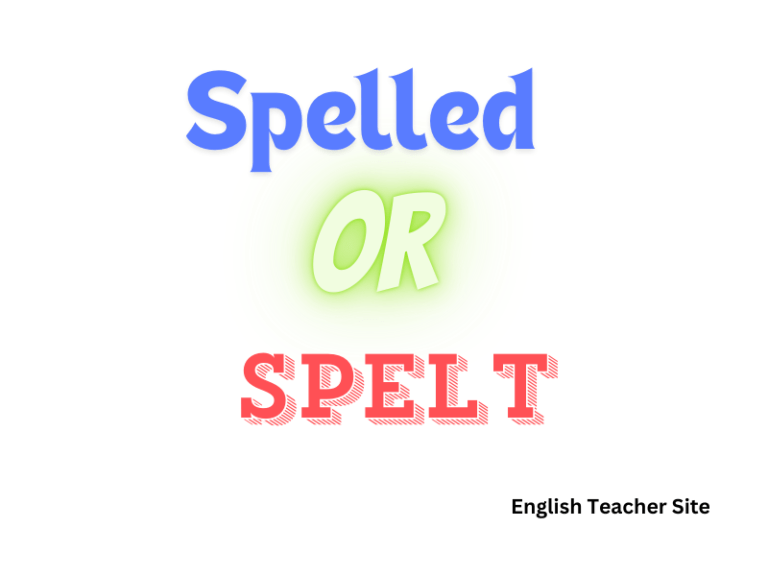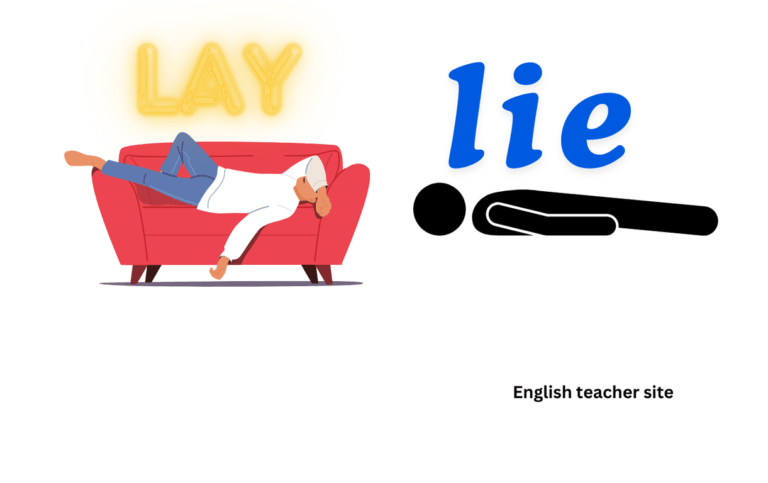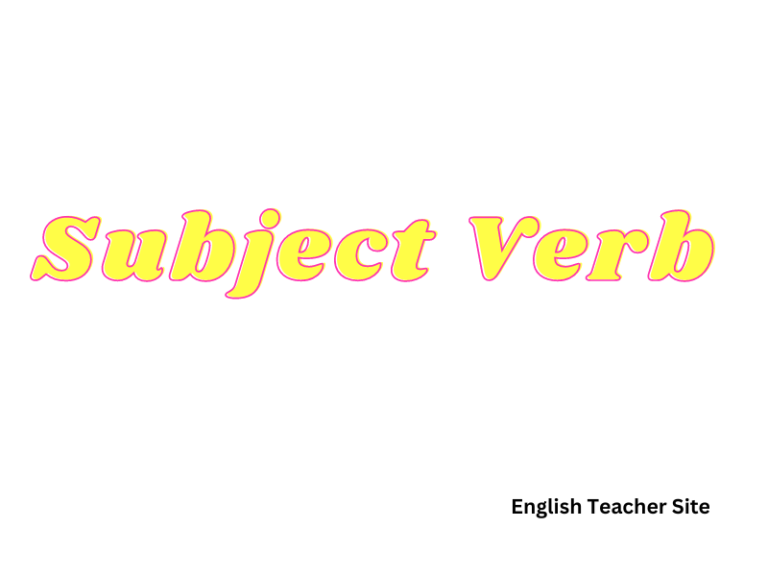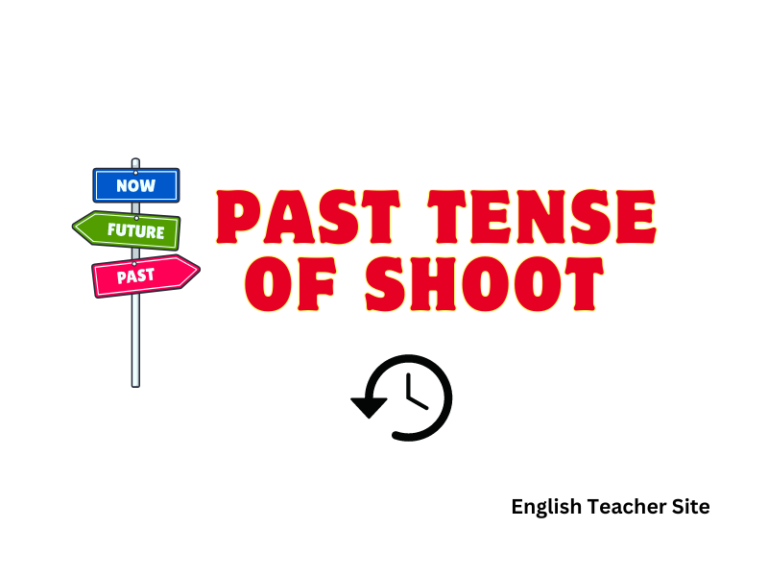Is it Brought or Bought? Unveiling the Past Tense of “Buy”
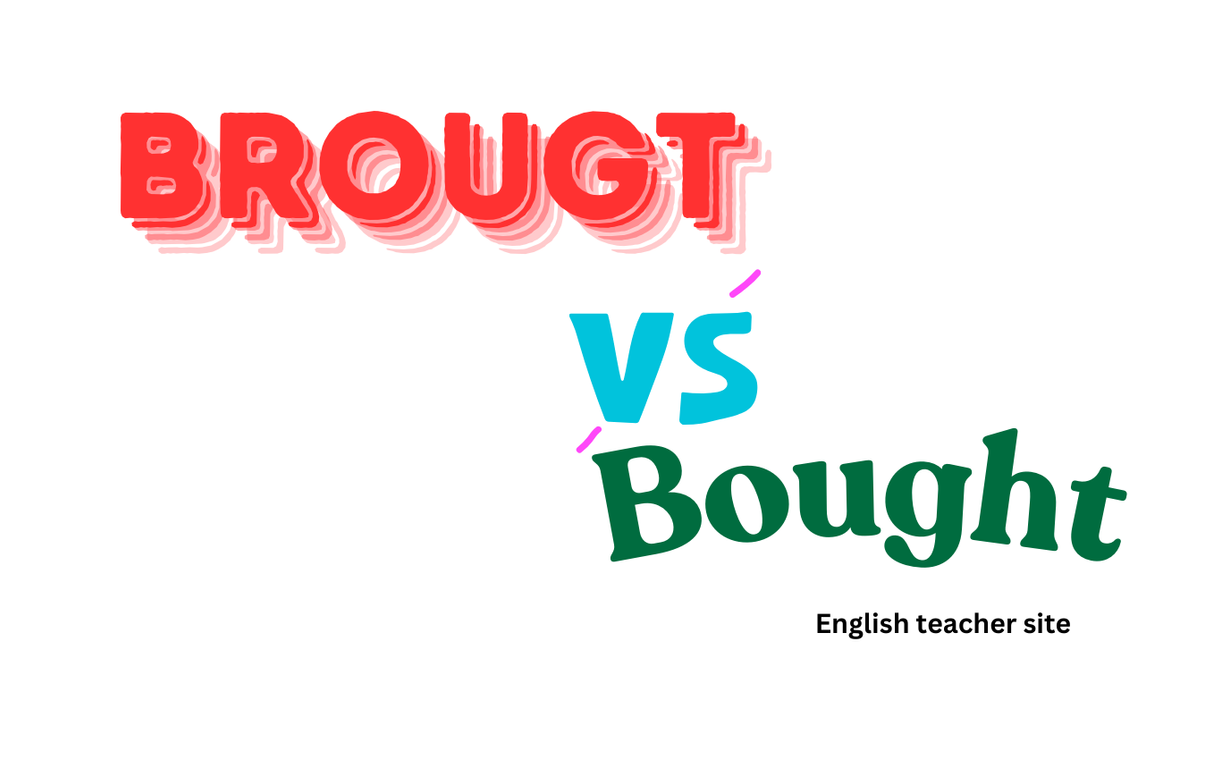
- “Brought” is the past tense of “bring,” used when referring to the act of taking something to a location.
- “Bought” is the past tense of “buy,” indicating the completion of a purchase.
- Distinguishing between “bought” and “brought” is crucial for proper verb usage in past tense narratives.
To master the past tense of these verbs, it is helpful to know their definitions and applications. “Buy” is a verb meaning to purchase, and its past tense is “bought.” It signifies the completion of a transaction. On the other hand, “bring” means to carry or take along, and “brought” is its past tense form, indicating the movement of something to a place. Knowing the past tense forms and differences can alleviate common grammatical errors and enhance your written and spoken English.
Is it brought or bought: What’s the past tense of buy?
When teaching the English language, one common point of confusion is determining the past tense of the verb ‘buy.’ It’s important to clarify that the correct past tense of ‘buy’ is ‘bought,’ not ‘brought.’
Understanding the Past Tense: Buy vs. Bring
| Verb | Past Tense |
|---|---|
| Buy | Bought |
| Bring | Brought |
‘Buy’ refers to the action of obtaining something in exchange for money. Students must remember that ‘bought’ is utilized when discussing a completed purchase.
Examples of ‘bought’ in Sentences:
- They bought a new car last month.
- She had bought all the gifts before the party.
On the other hand, ‘bring’ means to carry or take someone or something to a specific place or person. Its correct past tense is ‘brought.’
Examples of ‘brought’ in Sentences:
- He brought his friend to the concert.
- They had brought umbrellas in case it rained.
To Avoid Common Mistakes:
- Bought and brought are frequently confused due to their similar spelling and pronunciation.
- Remember, bought applies to purchase, and brought is about movement.
In conclusion, distinguishing between ‘bought’ and ‘brought’ is essential for clear communication in past tense narratives. If an individual is speaking about purchasing something, they should use ‘bought.’ Conversely, if they mean to describe the act of carrying or moving something to a place, ‘brought’ is appropriate.
Past Tense of Buy: Understanding Bought
In English, the past tense of the verb “buy” is “bought.” This section will clarify its usage as a simple past tense and past participles…
Definition and Use in English Language
The term bought is both the simple past tense and the past participle form of the verb “buy,” an irregular verb. Unlike regular verbs that add -ed to create the past tense, irregular verbs, like “buy,” have unique past tense and participle forms.
- Simple Past Tense: Expresses a completed action that took place in the past.
- Example: “Yesterday, she bought a coffee.”
- Past Participle: Often used with auxiliary verbs to form perfect tenses.
- Example: “She has bought several coffees this week.”
Common Mistakes and Clarifications
Understanding the distinction between bought and similar sounding words, like brought, is essential as they are frequently confused in both writing and pronunciation.
- Bought: Relates to a purchase.
- Brought: Refers to the action of bringing something to a place.
| Incorrect Usage | Correct Usage |
|---|---|
| She has bring a book. | She has brought a book. |
| I buyed a new phone yesterday. | I bought a new phone yesterday. |
Examples in Sentences
Using bought in sentences provides clear examples of its role as a simple past tense.
- He bought a car last month.
- They had bought tickets for the show before it sold out.
Examples of the past participle ‘bought’
In its role as a past participle, bought works with auxiliary verbs to form perfect tense constructions.
- The stocks she has bought increased in value.
- They have bought a house with a lovely garden.
Using “bought” correctly conveys clear and accurate past actions related to purchasing, an essential component of effective English communication.
Comparison of Bring and Buy
In the English language, the verbs “bring” and “buy” have distinct meanings and are often confused due to their past tense forms “brought” and “bought.” Understanding the definitions, differences, and correct usage is paramount for clear communication.
Definitions and Differences
- Bring: To carry or take someone or something to a place or person.
- Irregular verb: Simple past and past participle form is “brought.”
- Buy: To obtain something by paying money for it.
- Irregular verb: Simple past and past participle form is “bought.”
| Verb | Present | Simple Past | Past Participle |
|---|---|---|---|
| Bring | bring | brought | brought |
| Buy | buy | bought | bought |
The primary difference lies in their usage: “bring” denotes the action of carrying something with one, while “buy” involves an exchange to acquire or obtain an item.
Synonyms of ‘buy’
When one intends to purchase something, other verbs could convey similar meaning:
- Acquire
- Obtain
- Procure
- Purchase
Examples of ‘buy’ in sentences
- She decided to buy a new dress for the party.
- They bought tickets to show as soon as they went on sale.
- He has bought several stocks online recently.
Using “buy” in various tenses:
- Simple past tense: “Yesterday, she bought lunch for the team.”
- Past perfect tense: “By that time, they had bought a new house.”
Conveying Correct Usage
Below are contexts to help understand the correct usage:
- Bring: “Could you bring your book to class?” / “She brought her phone to the repair shop.”
- Buy: “He wants to buy a cup of coffee.” / “They had bought a car before the trip commenced.”
Remember, “bring” involves movement to a place or person, whereas “buy” denotes the action of securing ownership through purchase.
Source
Harper, Douglas. “Etymology of buy.” Online Etymology Dictionary
My name is Khamis Maiouf. I am the creator of the English Teacher Site, dedicated to providing valuable resources and insights for students around the world. With a passion for education and a commitment to helping students enhance their skills, I aim to make English teaching more effective and enjoyable for both educators and students.

